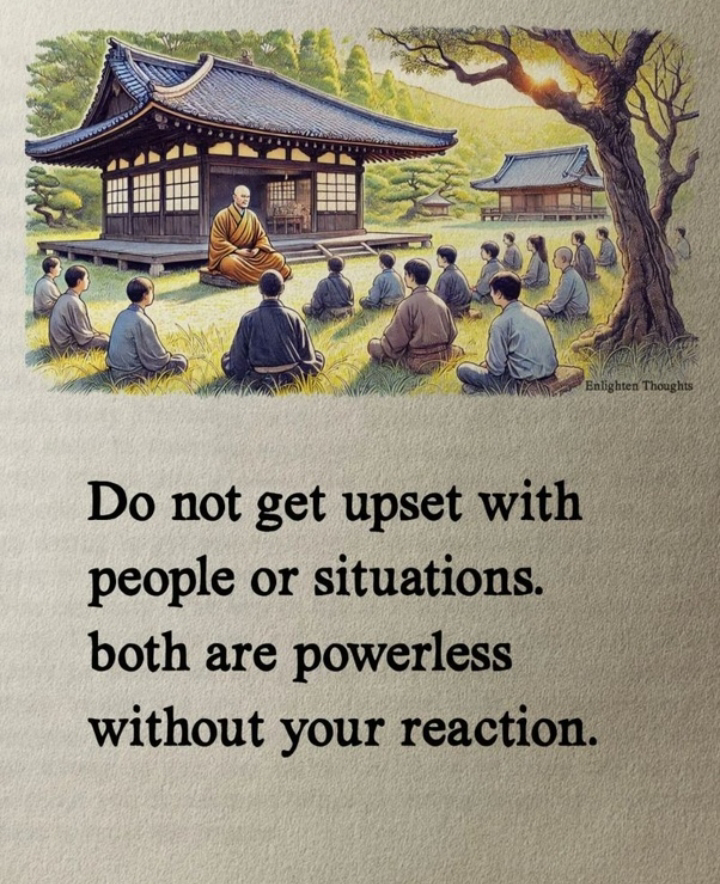1. Encourage Self-Acceptance
* Validate Their Feelings: Help them understand that all feelings, whether happy, sad, angry, or anxious, are valid. Don't let them judge themselves for feeling a certain way.
* Focus on Strengths: Encourage them to recognize and appreciate their positive qualities and strengths. Have them make a list of accomplishments or things they like about themselves.
* Encourage Positive Self-Talk: Often, the harshest critics come from within themselves. Help them shift their internal narrative from negative to more positive and supportive. This can start by recognizing negative thoughts and consciously replacing them with affirmations.
* Embrace Imperfection: Remind them that no one is perfect. Mistakes and shortcomings are part of being human. Help them see flaws as areas for growth, not as reasons to hate themselves.
2. Helping with Self-Care
* The Importance of Physical Well-Being: Encourage them to prioritize adequate sleep, balanced nutrition, and physical activity. Taking care of their body is a tangible form of self-respect.
* Time for Fun: Encourage them to make time for hobbies or activities they enjoy, which bring them joy and relaxation.
* Healthy Boundaries: Help them learn to say "no" when necessary, and set healthy boundaries in relationships and work. This protects their energy and well-being.
3. Developing Self-Awareness
* Mindfulness and Meditation: These practices can help them become more present in the moment, observing thoughts and feelings without judgment. This is an important step in understanding themselves.
* Journaling: Encouraging them to journal can be a great way to explore their emotions, thought patterns, and experiences, and gain insight into themselves.
* Seeking Professional Help (If Needed): If their struggles are too overwhelming, suggest talking to a therapist or counselor. Professionals can provide specific tools and strategies for building self-love and addressing deep-seated issues.
4. Building Healthy Relationships
* Positive Social Circle: Encourage them to surround themselves with people who support, appreciate, and uplift them, not those who put them down or drain their energy.
* Reducing Social Comparison: Help them understand that comparing themselves to others (especially on social media) is destructive. The focus should be on their own personal growth.
5. Encouraging Growth and Learning
* Setting Realistic Goals: Help them set achievable goals and celebrate every small step forward. This builds a sense of competence and self-worth.
* Learning from Mistakes: Instead of dwelling on mistakes, help them see them as opportunities to learn and grow.
* Developing Gratitude: Encouraging them to regularly reflect on the things they are grateful for in their lives can shift the focus from lack to abundance.
How Can You Help?
Your role is to be a supporter, not a "fixer." Listen without judgment, offer encouragement, and gently offer these ideas. Sometimes, a supportive and understanding presence is the most valuable thing you can offer.


